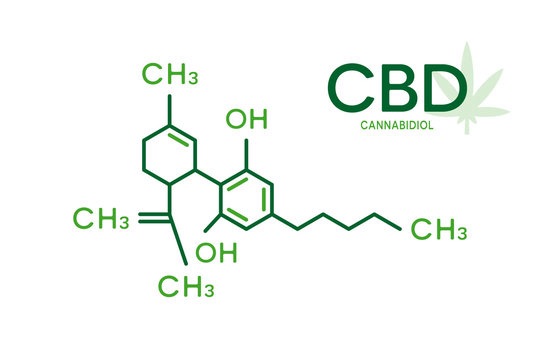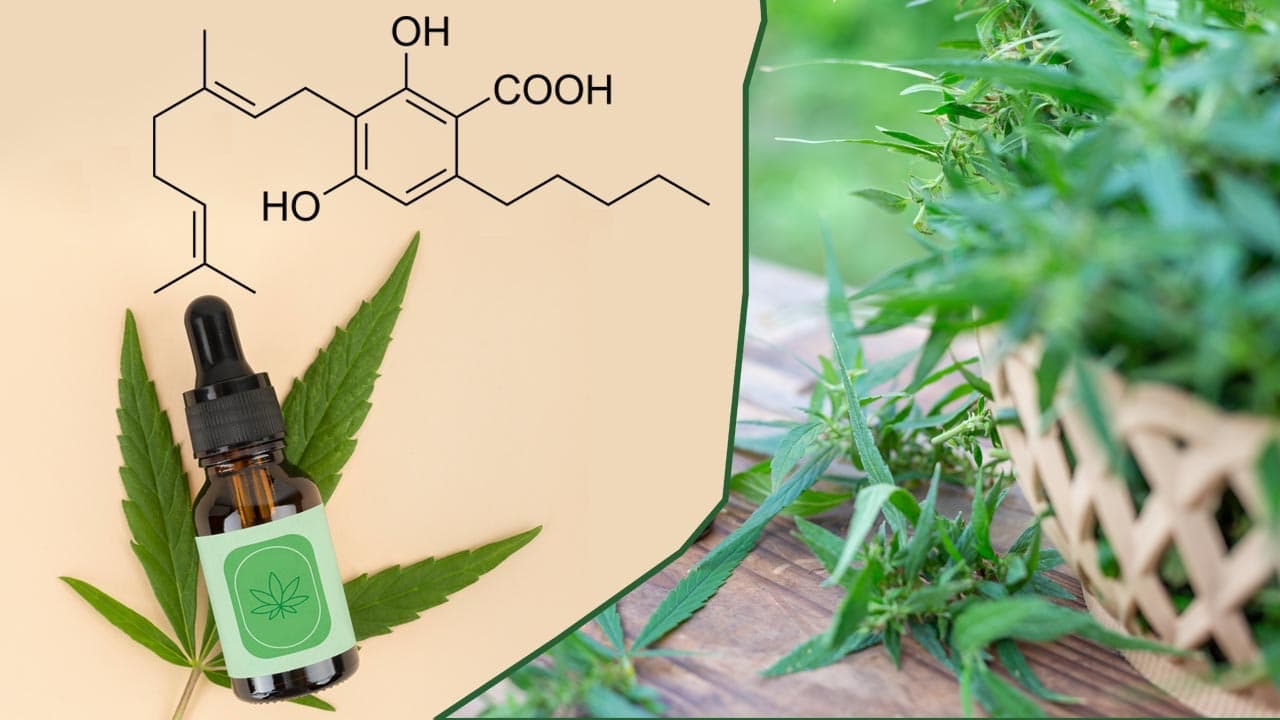Introduction
THC (Δ-9-Tetrahydrocannabinol) is the most well-known and widely studied cannabinoid in cannabis. It is primarily responsible for the psychoactive effects that many users seek from cannabis. Beyond its reputation for creating the “high” associated with marijuana, THC has a wide range of potential therapeutic benefits, making it a central focus in both recreational and medical cannabis use.
What is THC?
THC is a cannabinoid that interacts with the endocannabinoid system in the human body, particularly with the CB1 receptors in the brain. This interaction leads to the various effects that THC is known for, including euphoria, altered sensory perception, and changes in mood and cognition.
How THC Works
When consumed, THC mimics the action of anandamide, a naturally occurring neurotransmitter in the brain. It binds to cannabinoid receptors, particularly in areas of the brain associated with memory, pleasure, thinking, concentration, movement, coordination, and sensory and time perception. This binding leads to the characteristic psychoactive effects that users experience.
Therapeutic Benefits of THC
While THC is often associated with recreational use, it has numerous potential medicinal benefits. It has been studied for its efficacy in treating a variety of conditions, from chronic pain to mental health disorders.
Key Benefits
- Pain Relief: THC is widely recognized for its analgesic properties, making it effective in managing chronic pain, including pain associated with conditions like arthritis, fibromyalgia, and migraines.
- Appetite Stimulation: Known as the “munchies,” THC is effective in stimulating appetite, which is particularly beneficial for patients undergoing chemotherapy or suffering from conditions like HIV/AIDS that cause appetite loss.
- Nausea and Vomiting: THC has antiemetic properties, making it valuable in treating nausea and vomiting, particularly in cancer patients undergoing chemotherapy.
Additional Benefits
- Sleep Aid: THC has sedative effects that can help improve sleep, making it useful for those with insomnia or other sleep disorders.
- Anxiety and Depression: In low doses, THC can help reduce symptoms of anxiety and depression, although higher doses may exacerbate these conditions.
- Neuroprotection: Emerging research suggests that THC may have neuroprotective properties, potentially offering benefits for neurodegenerative diseases like Alzheimer’s and Parkinson’s.
Potential Side Effects
While THC offers numerous benefits, it is also associated with potential side effects, particularly when consumed in high doses or by individuals sensitive to its effects.
Common Side Effects
- Paranoia and Anxiety: High doses of THC can cause feelings of paranoia and anxiety, especially in individuals prone to these conditions.
- Impaired Memory and Cognition: THC can temporarily impair short-term memory and cognitive functions, affecting decision-making and focus.
- Dry Mouth and Red Eyes: These are common, non-serious side effects that can be managed with hydration and eye drops.
How to Use THC
THC can be consumed in various forms, including smoking or vaporizing dried cannabis flowers, consuming edibles, or using tinctures and oils. The method of consumption can affect the onset and duration of effects. For instance, inhalation offers a faster onset but shorter duration, while edibles take longer to take effect but provide a more prolonged experience.
Conclusion
THC (Δ-9-Tetrahydrocannabinol) is the most recognized cannabinoid in cannabis, celebrated for its psychoactive effects and therapeutic potential. Whether used recreationally or medicinally, THC plays a central role in the cannabis experience. Understanding its effects, benefits, and potential side effects is crucial for anyone considering cannabis use, whether for pleasure or health.



